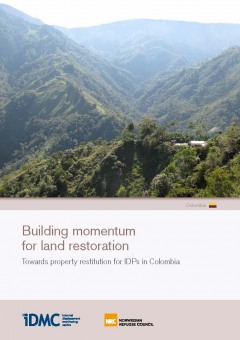Villagers flee to avoid fighting and portering: Conflict continues to impact civilians in Dooplaya District
Civilians in Dooplaya District continue to be impacted by conflict between the Tatmadaw and armed Karen groups, who have increased fighting in the area since November 7th 2010. The situation around Palu village remains highly unstable; in order to avoid conflict and conflict-related abuse, civilians are moving frequently between their homes and fields, more secure locations outside the village and along the Moei River, and both official and unofficial locations in Thailand's Phop Phra District.










